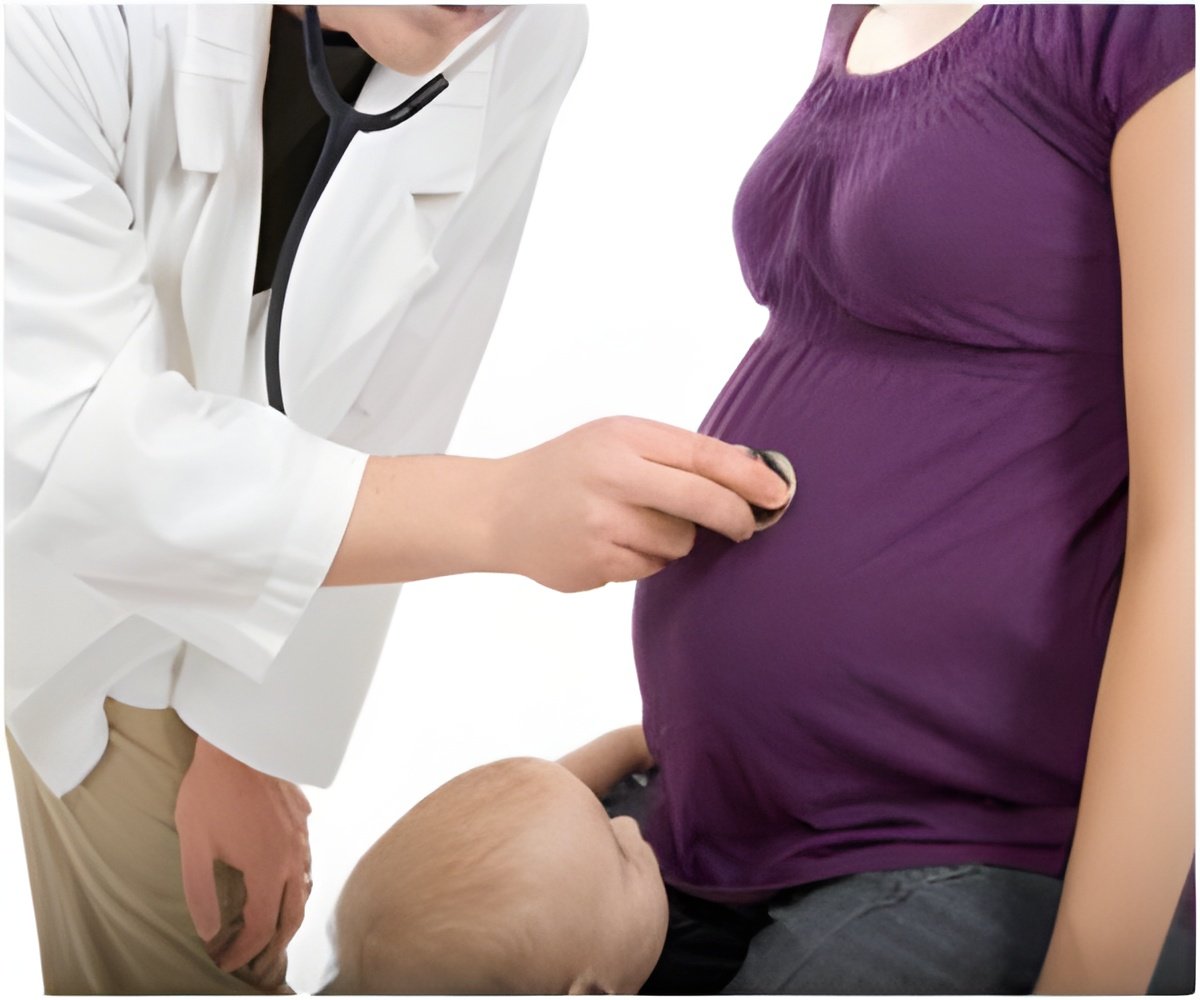DALLAS (February 10, 2012) — In a study to be presented today at the Society for Maternal-Fetal Medicine's annual meeting, The Pregnancy Meeting ™, in Dallas, Texas, researchers will

The study, entitled Timing of Delivery and Adverse Outcomes in Term Singleton Repeat Cesarean Deliveries (CD), found that elective repeat cesarean deliveries at a later gestational age were associated with significantly lower rates of composite adverse neonatal outcomes when compared with 37 and 38 weeks deliveries. Moreover, adverse neonatal outcomes were significantly more frequent in pregnancies continued beyond 39 weeks versus elective cesarean at 39 weeks. On the other hand, maternal outcomes tended to be better with continued pregnancy rather than elective cesarean at 37 or 38 weeks, but the difference was significant only at 37 weeks. Composite maternal outcomes were significantly worse for later deliveries compared with elective cesarean at 39 weeks. These associations remained after controlling for confounders.
Source-Eurekalert










